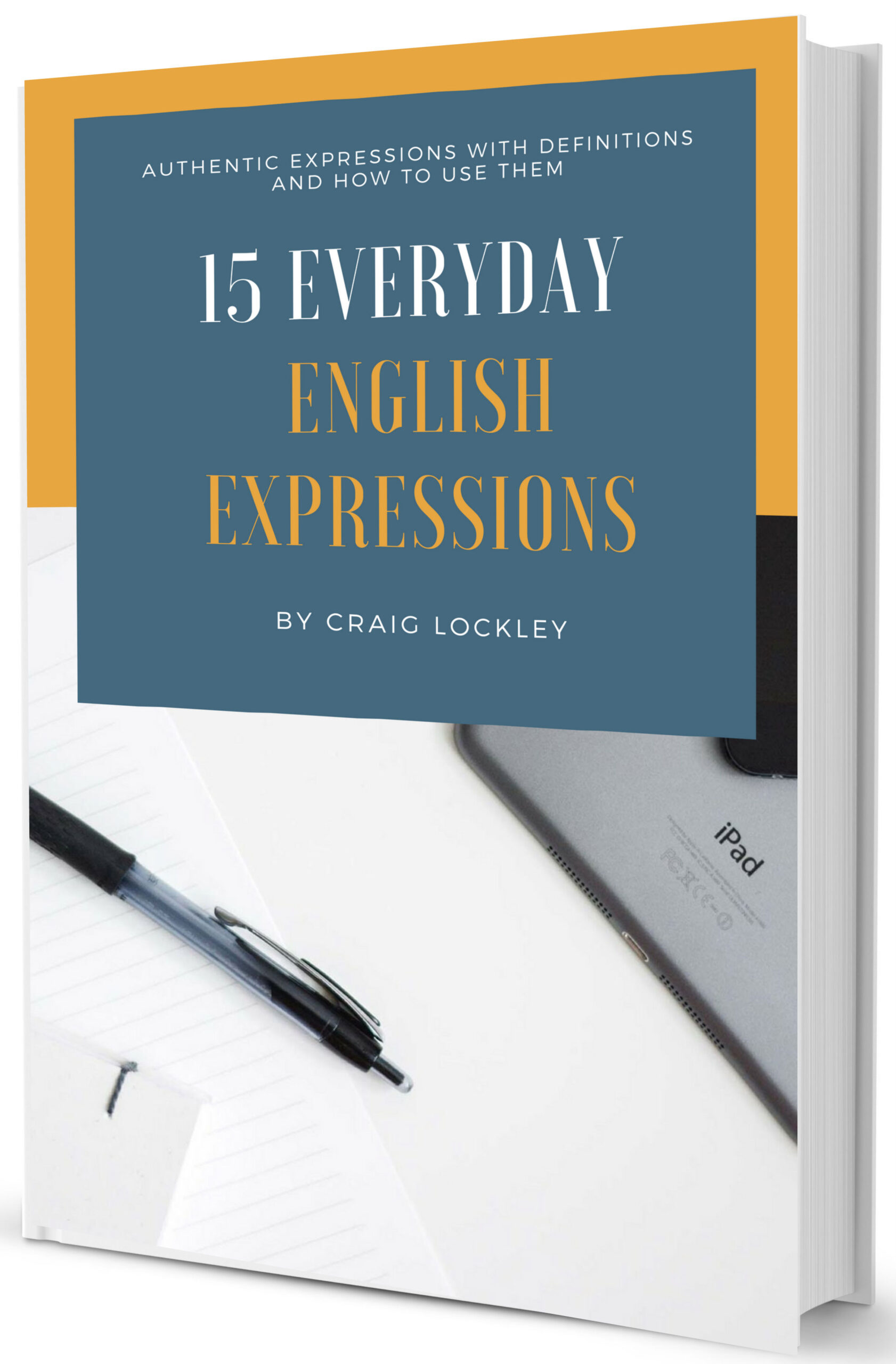English
-

“Mind” as a Verb in British English: A Small Word with Big Uses
On a recent visit to London, one of my students noticed how often the word ‘Mind’ is heard, especially in the London Underground where “Mind the Gap” chimes through the tunnels on an almost minute by minute basis, warning passengers to be careful of the gap between the train and the platform. This got me…
-

Everyday expressions
Since I started teaching English back in May 2016, I’ve met a lot of great students, worked on a number of different teaching subjects and learned a lot of marketing tips. The most valuable of those I learned from someone I consider a master in the field, Jack Askew of https://www.tofluency.com/ As well as an excellent…
-

A brief guide to….Raise vs Rise
The words Raise and Rise are often confused and in fact they do mean the same thing – to move upwards. Raise (Regular, transitive) Raise, Raised, Raised, Raising Rise (Irregular, intransitive) Rise, Rose, Risen, Rising However, there is a distinct difference. Raise is a transitive verb meaning it must have a direct object. “The restaurant…
-

Expressions related to the end of a job
Whether we choose to leave a job or the decision is made for us, there are a number of English expressions we use to describe what happened. The Sack – This slang expression is used when you are removed from a job, usually because you did something against the rules or the boss just wasn’t…
-

A brief guide to….Used to vs. Use to
Some of my students are confused with the use of the expression used to so hopefully this will simplify it. Used to can be used as an adjective to express being accustomed to something. “I am used to having a coffee when I wake up.” “When I lived abroad I wasn’t used to the hot…
-

Sometime vs Some time vs Sometimes
One of my students asked me to explain the difference and uses of these words so I thought this might be useful for readers of my blog, so here is a breakdown of them. Sometime is an adverb and is written as a single word. It refers to an unstated time in the future “We…
-

The Silent H
Some of my students have trouble with words that have a silent letter ‘H’. While words like ghost and ghoul tend not to give problems when the letter appears at the beginning (or the beginning of a syllable) students might pronounce the ‘H’ as they do with other words. It should be noted that as the…
-

A brief guide to….Most
Most…with a noun Most is used with nouns to mean the majority of Most orange juice comes in cartons Diane enjoys most soap operas NOTE: We don’t use the most in this way I go to the gym on most days I go to the gym on the most days If talking about the majority…
-

Pronunciation – Verbs in the past ending in -ed
Many of my students experience problems pronouncing verbs in the past ending in -ed and there is a simple rule to remember with these words. If the verb ends in a /t/ or /d/ we pronounce the -ed as /id/ I waited all day He repeated the words after his teacher For other words, we…
-

A brief guide to ….Say or Tell?
One common problem among many of my students is the use of Say or Tell in a sentence. They have similar meaning, both mean “to verbally communicate with someone” The key difference is that we tell someone something but we simply say something. We don’t say Tell to her or Say her. With tell we…